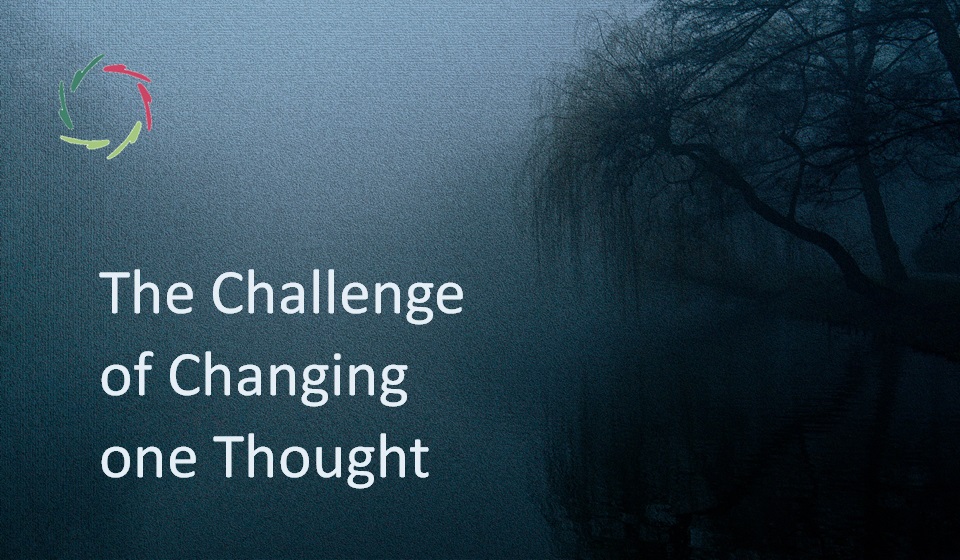Aspects of Causality

Causality is one kind of correlation. What else?
Quantum
As is scientifically known, the quantum level exists and underlies everything above it, thus also causality.
However, time flows in two directions without distinction at the quantum level. Only where it touches ‘our level,’ massive scale probability leads to one direction, which we experience as an increase of entropy.
This is also the continual birth of causality (as a matter of speaking).
Therefore, at our level, causality is time-bound.
Otherwise said, what is not bound to the flowing of time cannot be something we experience as causal. This is definitional, not deductive.
Nevertheless, a cause can never come after what it causes, nor before what caused it. That is the main characteristic of causality.
The only other characteristic of causality is found in common sense.
Disappointingly?
This comes in two ways:
- Probabilistic: Time after time, the same correlation occurs.
- Sound thinking about mechanisms: This is a necessary and intuitive aspect of causality. If we can envision a mechanism, we can see causality ― otherwise, not.
In most cases, the two ways of common sense are present to some degree, depending on the person, culture, and situation.
This leaves causality at the mercy of our subjective capacities. It is also why we reduce scientific experimentation to the conceptual kind (lab circumstances). One problem with this is that conceptual choice (also as part of our thinking about the same) is frequently more subjective than we care to acknowledge ― especially mind-related. Here lies the primary cause of the reproducibility crisis in psychology.
After this comes extrapolation toward some semblance of the real world. Not surprisingly, mind-related science tends to not deliver upon its promise.
This leaves us with a messy picture of causality.
At least messy in our human dealing with it.
Perhaps A.I. will eliminate the concept altogether and deconstruct it into what is useful, transcending cause-lingo to pure numbers.
The aim of our causal thinking – in science or daily life – is prediction.
We want to know the consequences of our actions before they happen or even before our actions themselves. This way, we can (have the impression to) choose the more distant future by causing its causes. That makes us causal agents, related to our deep motivation to exist and thrive.
This deep motivation is a natural given.
We are causal thinkers because we are deeply motivated.
Without deep motivation, cause is meaningless ― as anything. Cause would be a pure mechanism, a function.
Still, what causes deep motivation? Are we determined within our deep motivation itself, this is: Do external factors determine our specific deep motivations?
No contradiction
Deep motivation is caused AND gives meaning to causality. Thus, meaning doesn’t come from anywhere. It emerges.
So does much about what we call ‘causality.’


